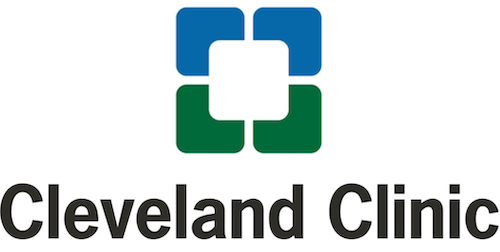
March 1, 2022 – Cleveland Clinic has launched an innovative study exploring the link between epilepsy and stress, supported by a $5.5 million donation from the Charles L. Shor Foundation. The five-year clinical trial is the first of its kind to study and compare the effect of lifestyle interventions, such as yoga, music therapy and cognitive behavioral therapy, on seizure control.
The research team will study the impact on seizure frequency as well as epilepsy-associated co-morbidities, such as depression, anxiety, cognitive function and quality of life. The team will follow 1,000 patients with difficult-to-treat epilepsy.
Over 3 million people in the United States are living with epilepsy. Despite decades of research, there remain barriers to progress. Current treatments are effective in controlling seizures in only 46% of adults. Stress has been identified as a major risk factor for seizure recurrence and decreased memory function in epilepsy patients. A disproportionate number of patients with epilepsy suffer from a faster decline in their memory function as compared to age-matched controls.
The primary goal of the study is to explore the effect of behavioral and wellness–based interventions on seizure frequency in adults with a confirmed diagnosis of epilepsy. Additionally, the team aims to look at the impact these non-pharmacologic interventions may have on patients’ overall stress levels by measuring changes to patients’ cognitive function, mood (such as depression and anxiety) and quality of life.
Researchers will measure the effects of yoga, music therapy and cognitive behavioral therapy interventions using seizure diaries, cognitive assessments, and health and quality of life questionnaires.
